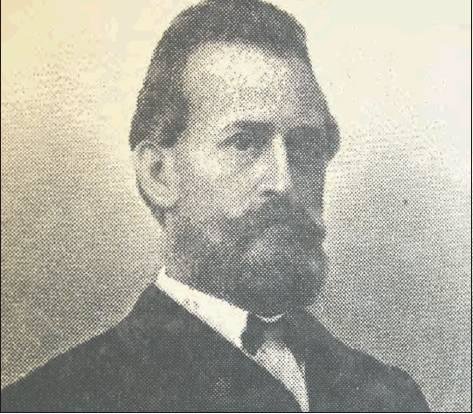The power of the vote
Lexington has a long history of civic responsibility. My granddad Archie Corley used to tell me stories about voting when he was a young man. That was when only men could vote, prior to WWI.
He …
This item is available in full to subscribers.
Subscribe to continue reading. Already a subscriber? Sign in
Get 50% of all subscriptions for a limited time. Subscribe today.
Please log in to continueNeed an account?
|
The power of the vote
Lexington has a long history of civic responsibility. My granddad Archie Corley used to tell me stories about voting when he was a young man. That was when only men could vote, prior to WWI.
He was barely old enough to vote then himself, but he was happy to do so having fought for that freedom in Europe. Grandpa’s stories always ended up with Uncle Sim Corley. Simeon Corley was the grandson of Lawrence Corley and Yost Meetze. They were two prominent citizens of Lexington.
Uncle Sim lived at Stewart’s Corner in Lexington where West Main Street meets Columbia Avenue. He was editor of the South Carolina Temperance Standard and furniture maker. His wife Martha Richardson of Tonbridge, Vermont, was a Lexington school teacher in the decade prior to the Civil War.
Simeon Corley was a man of rare conviction in a time sharpened by the clash of unresolved issues arising out of revolution. There is a temptation to call these issues political, but in truth, they are more encompassing. These are issues of the human spirit expressing its freedom—a desire for liberty. With persistence and determination, Simeon Corley pursued a quest for truth, placing virtue above safety or comfort. His beliefs made enemies around Lexington.
Simeon Corley had a command of the English language and expressed himself eloquently. Even as a young man at the age of 28 Simeon was nearly expelled from the state for his opposition to South Carolina’s growing secessionist sentiment.
The time in which Simeon Corley lived was much more volatile than we live in today, though it might be hard to believe. These conflicts led from unrest to out and out war. Despite this Simeon Corley kept faith in the vision of our Founding Fathers.
Because Simeon was a Republican he was allowed to run for Congress after the war and won a seat from Lexington. While in Washington he fought for voters’ rights for both women and black people. Though this did not come to pass for some time, Simeon Corley began a national debate for universal suffrage.
Other items that may interest you







Comments
No comments on this item Please log in to comment by clicking here